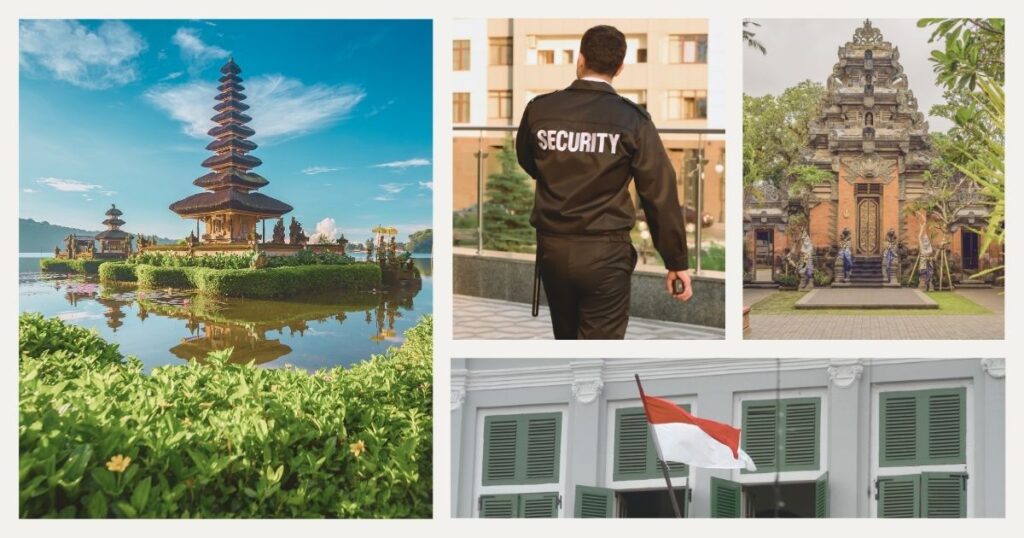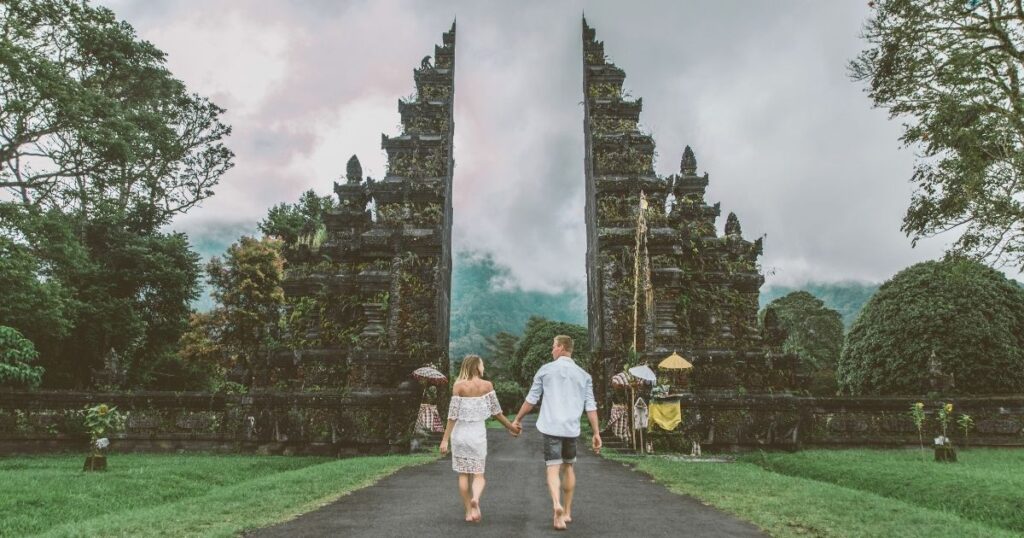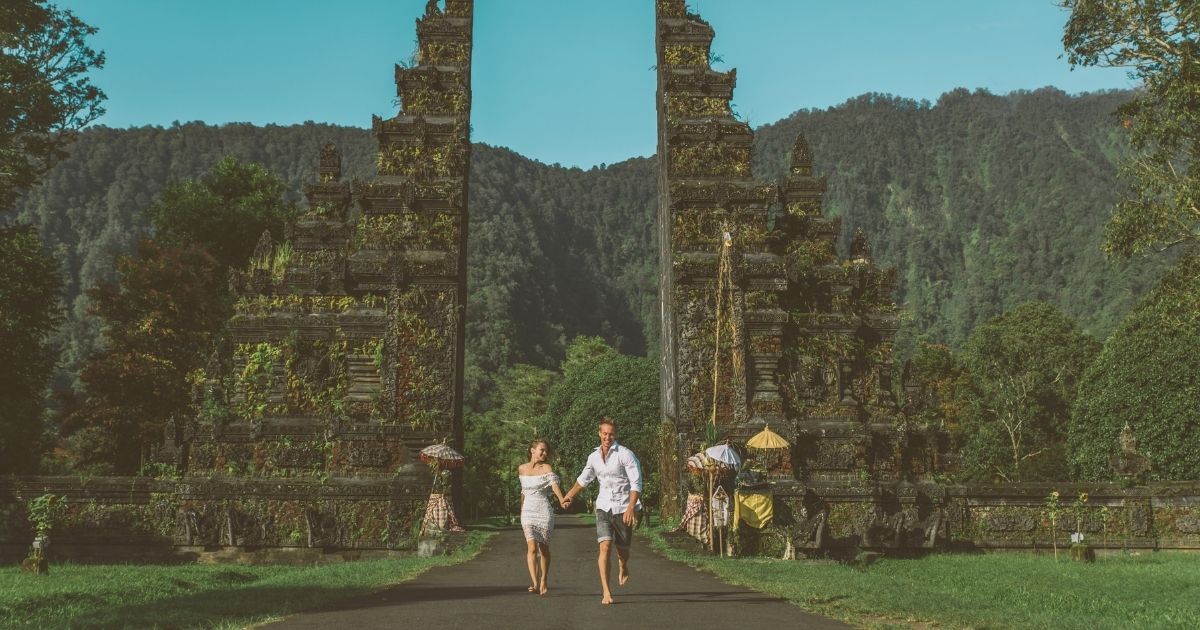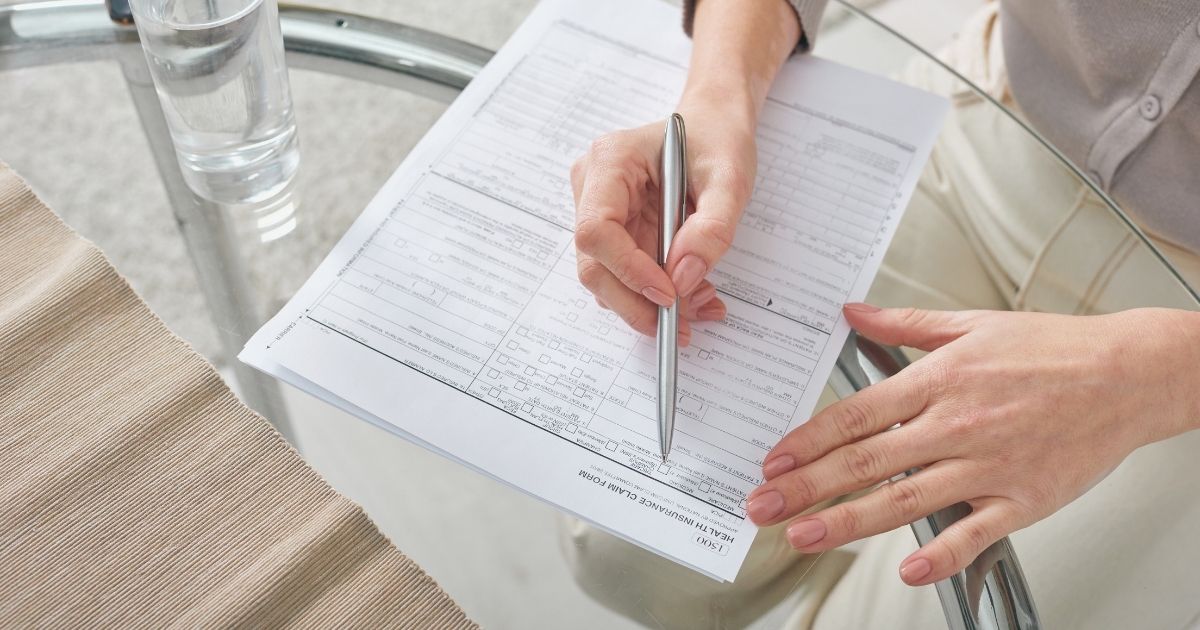Bali consistently ranks among the world’s most popular travel destinations, attracting millions of visitors annually with its stunning beaches, rich culture, and affordable lifestyle. But for many travelers, especially those planning extended stays or solo adventures, the question “Is Bali safe?” remains a primary concern when making travel decisions.
The good news is that Bali is generally considered one of Southeast Asia’s safest destinations for tourists. With crime rates significantly lower than many Western countries and a welcoming local population known for their friendliness, most visitors experience trouble-free stays on this Indonesian island paradise. However, like any popular tourist destination, Bali presents certain risks and challenges that informed travelers can easily navigate with proper preparation and awareness.
Understanding the real safety landscape helps you make confident travel decisions and enjoy everything Bali offers while maintaining appropriate precautions for a secure and memorable experience.
Crime and security: the real safety picture

When evaluating whether Bali is safe, it’s important to understand the actual crime statistics and security situation on the island. Bali maintains remarkably low violent crime rates, with Indonesia having one of the world’s lowest murder rates at just 0.3 per 100,000 inhabitants, nearly 20 times lower than the United States.
Common crime types and prevention
The most frequent safety concerns in Bali involve petty crimes rather than violent incidents. Pickpocketing and bag-snatching account for approximately 40% of reported crimes affecting tourists, primarily occurring in crowded areas like markets, beaches, and popular nightlife districts.
Theft prevention strategies
- Keep valuables in hotel safes rather than carrying expensive jewelry or large amounts of cash
- Use bags with zippers and wear them in front of your body in crowded areas
- Avoid displaying expensive electronics like phones or cameras unnecessarily
- Stay alert in tourist hotspots like Kuta, Seminyak, and busy markets
🌟 Pro tip: many experienced travelers recommend using a money belt or hidden pocket for passports and emergency cash, keeping only small amounts of money accessible for daily expenses.
Scams and tourist-targeted fraud
Tourist-focused scams represent another consideration when asking “Is Bali safe?”. Common schemes include overcharging for services, fake currency exchange operations, and drivers taking tourists to overpriced shops or restaurants that pay commissions.
Protection strategies
- Agree on prices before using services, especially with taxi drivers
- Use official money changers in banks or established businesses
- Research typical costs for activities and transportation in advance
- Be wary of unsolicited offers for tours or transportation
💡 Did you know? The Indonesian government has implemented tourist police units in major Bali destinations specifically to help visitors navigate these challenges and report any incidents safely.
Transportation safety in Bali

Traffic safety represents one of the most significant considerations when determining Bali is safe for your travel style. Bali’s roads present unique challenges with heavy motorbike traffic, narrow streets, and varying road conditions.
Motorbike safety considerations
Motorbike accidents constitute one of the primary safety risks for tourists in Bali. Many visitors underestimate the challenges of navigating Balinese traffic, which combines cars, motorbikes, and pedestrians on often crowded roads.
Essential safety measures
- Always wear a high-quality helmet (many rental places provide substandard helmets)
- Ensure you have proper international driving permits and insurance coverage
- Start with short rides in less congested areas to familiarize yourself with local traffic patterns
- Avoid riding during peak hours or in heavy rain
- Check brakes, lights, and tire condition before each ride
Alternative transportation
- Use reputable taxi services like Blue Bird Taxi or ride-sharing apps like Grab and Gojek
- Consider hiring private drivers for day trips and longer journeys
- Many accommodations arrange reliable airport transfers and tours
- Public buses serve major routes, though they can be crowded during peak times
🌟 Pro tip: if you’re uncomfortable with motorbike riding, Bali offers excellent alternative transportation options that are both safe and affordable, allowing you to explore the island without unnecessary risks.
Road conditions and vehicle safety
Beyond motorbikes, general road conditions affect whether Bali is safe for various transportation methods. Some remote areas have poorly maintained roads, while popular tourist routes can become extremely congested, especially during peak season.
Safe driving practices
- Rent vehicles from reputable companies with comprehensive insurance coverage
- Inspect vehicles for basic safety features before accepting a rental
- Plan routes in advance and allow extra time for traffic delays
- Avoid driving at night in unfamiliar areas where the lighting may be poor
- Keep doors locked while driving and remain aware of your surroundings
Health and natural disaster safety

Medical safety and natural disaster preparedness form crucial components when evaluating “is Bali safe” for your specific needs. While Bali offers good healthcare infrastructure in tourist areas, understanding potential risks helps ensure a safe trip.
Health considerations and medical infrastructure
The famous “Bali belly” (traveler’s diarrhea) affects many visitors but is usually mild and temporary. Staying connected during health concerns becomes essential for accessing medical care or contacting insurance providers.
Consider maintaining reliable internet access through services like Holafly’s international eSIM, ensuring you can quickly locate medical facilities, communicate with healthcare providers, or access telemedicine services when needed.
Health prevention strategies
- Drink only bottled water and avoid ice unless from reputable establishments
- Choose restaurants with good hygiene standards and avoid street food if you have a sensitive stomach
- Use insect repellent to prevent dengue fever and other mosquito-borne illnesses
- Ensure routine vaccinations are current, especially hepatitis A and typhoid
- Pack essential medications in the original packaging with prescriptions
Bali’s medical infrastructure varies significantly between tourist areas and remote regions. Major destinations like Denpasar, Ubud, and Seminyak offer international-standard hospitals and clinics with English-speaking staff.
Medical preparedness
- Research hospital locations near your accommodation before arrival
- Ensure travel insurance covers medical emergencies and evacuation
- Know emergency contact numbers (ambulance: 118, police: 110)
- Consider registering with local medical facilities if staying long-term
💡 Did you know? Many international insurance providers offer 24/7 assistance hotlines specifically for travelers in Indonesia, providing immediate support for medical emergencies or safety concerns.
Natural disaster preparedness
Indonesia’s location in the “Ring of Fire” means natural disaster preparedness affects considerations of whether Bali is safe for extended stays. While major disasters are rare, understanding these risks helps with proper preparation.
Bali hosts several active volcanoes, including Mount Agung and Mount Batur. Eruptions are infrequent but can affect flights and air quality when they occur.
Preparedness strategies
- Monitor local news and official warnings about volcanic activity
- Register with your embassy or consulate for emergency notifications
- Understand evacuation routes and procedures for your accommodation area
- Keep important documents in waterproof containers
- Pack emergency supplies, including water, non-perishable food, and first aid items
Weather-related safety
Bali’s tropical climate brings seasonal considerations. The wet season (November through March) increases flooding risks in some areas and creates challenging road conditions.
- Plan indoor activities during heavy rainfall periods
- Avoid low-lying areas during flood warnings
- Be cautious of strong ocean currents during storms
- Pack appropriate rain gear and quick-dry clothing
Safety for different travelers and emergency preparedness

The answer to “Is Bali safe?” varies depending on your travel style and group composition. Different traveler types face unique considerations for maintaining safety.
Solo travelers and family safety
Solo travelers, particularly women, often express specific concerns about safety in Bali. The island generally provides a welcoming environment for independent travelers, with many solo visitors reporting positive experiences and feeling secure throughout their stays.
Solo travel safety strategies
- Stay in accommodations with good security features and positive reviews from other solo travelers
- Join group activities or tours to meet other travelers and locals
- Share your detailed itinerary with friends or family back home
- Trust your instincts and avoid situations that feel uncomfortable
- Keep emergency contacts easily accessible on your phone and in written form
Female solo traveler considerations
- Avoid walking alone late at night, especially in less populated areas
- Don’t leave drinks unattended at bars or clubs
- Dress modestly when visiting temples and traditional areas
- Use licensed transportation services rather than accepting rides from strangers
Families evaluating whether Bali is safe, you should consider age-appropriate activities and accommodations with suitable safety features. The island offers numerous family-friendly resorts and attractions designed with children’s safety in mind.
Family-specific safety measures
- Choose accommodations with secure pool areas and child-friendly facilities
- Research family-friendly restaurants and activities in advance
- Ensure children understand basic safety rules about traffic and water activities
- Pack comprehensive first aid supplies and familiar medications
- Consider accommodations with 24-hour security for added peace of mind
Digital nomad considerations
For digital nomads, the question of “Is Bali safe?” extends beyond typical tourist concerns to include longer-term security considerations.
Long-term visitor safety
- Obtain appropriate visas for extended stays
- Understand local laws regarding work permissions
- Build relationships with local communities for support networks
- Maintain valid insurance coverage throughout your stay
🌟 Pro tip: many digital nomad communities in Bali organize safety workshops and information sharing sessions, providing valuable insights from experienced long-term residents.
Emergency preparedness
Essential emergency numbers
- Police: 110
- Medical Emergency: 118
- Tourist Police: +62 361 224111
Register with your embassy for emergency assistance and safety updates. Many embassies provide security briefings and can assist with document replacement or emergency evacuation.
💡 Did you know? The US Embassy in Jakarta maintains a 24/7 emergency assistance unit for Americans traveling throughout Indonesia, including Bali.
Final thoughts about safety in Bali
So, is Bali safe? The overwhelming evidence suggests that Bali remains one of Southeast Asia’s safest destinations for travelers of all types. With proper preparation, cultural awareness, and common-sense precautions, visitors can confidently explore this incredible island while minimizing risks and maximizing their experience.
The key to safe travel in Bali lies in understanding the real risks—which are generally minor and manageable—rather than relying on outdated concerns or misconceptions. Most safety challenges in Bali can be avoided through basic precautions that experienced travelers use worldwide, from protecting valuables and choosing reputable transportation to maintaining health awareness and staying informed about local conditions.
Whether you’re planning a short vacation or considering an extended stay as a digital nomad, Bali offers an incredibly rewarding destination with safety standards that compare favorably to many other popular international destinations. For comprehensive guidance on making the most of your Indonesian experience, including visa requirements and accommodation options, explore our detailed guide on the best accommodation for digital nomads to ensure you have safe, comfortable lodging during your stay.
Nomada provides expert resources to help you navigate every aspect of your international adventures with confidence and security 👉
Frequently asked questions about Bali safety
Yes, Bali is generally very safe for solo female travelers. The island has low rates of violent crime, and many women travel alone without incident. However, standard precautions apply: avoid walking alone late at night, don’t leave drinks unattended, and stay in well-reviewed accommodations with good security.
The most common safety concerns include petty theft (pickpocketing and bag-snatching), motorbike accidents, and mild health issues like Bali belly. Violent crime is rare, and most safety issues can be prevented with basic precautions.
Motorbike riding in Bali requires caution due to heavy traffic, narrow roads, and varying road conditions. If you choose to ride, always wear a quality helmet, have proper insurance and licensing, and start with short rides to familiarize yourself with local traffic patterns.
While Bali is generally safe, exercise extra caution in crowded tourist areas like Kuta Beach and Seminyak’s nightlife districts, particularly late at night. Some remote areas may have limited medical facilities, so ensure you have reliable transportation and communication methods.
For emergencies, call 118 for ambulance services. Tourist areas have international-standard hospitals with English-speaking staff. Always carry travel insurance information and ensure your coverage includes medical evacuation if you plan to visit remote areas.
While Bali is located in a seismically active region, major natural disasters are rare. Stay informed about volcanic activity and weather warnings, register with your embassy, and follow local authority instructions. Most accommodations have emergency procedures and evacuation plans.




